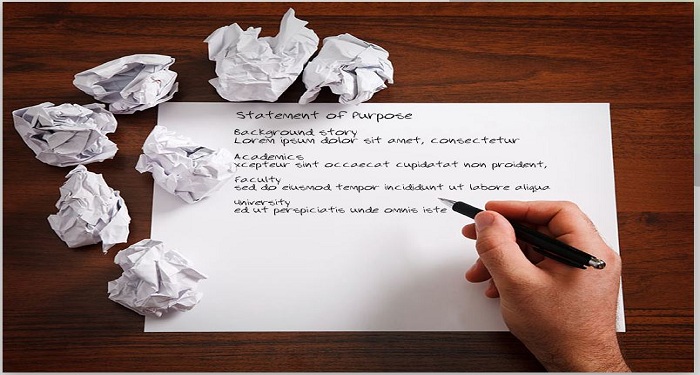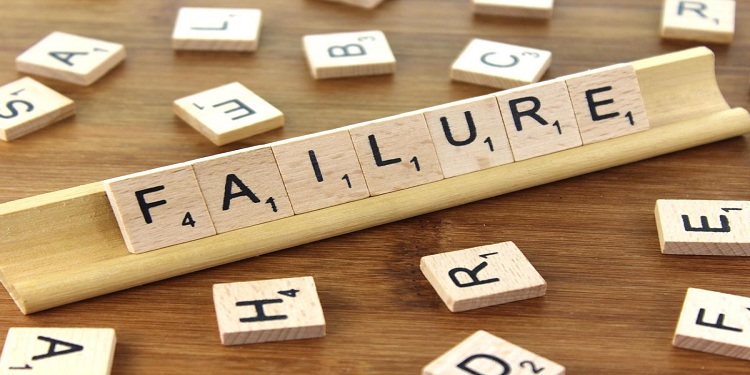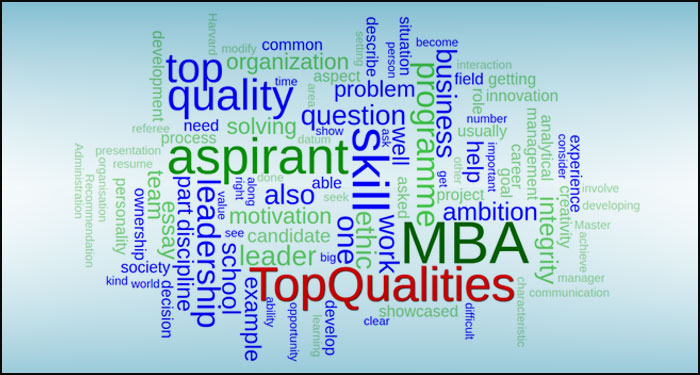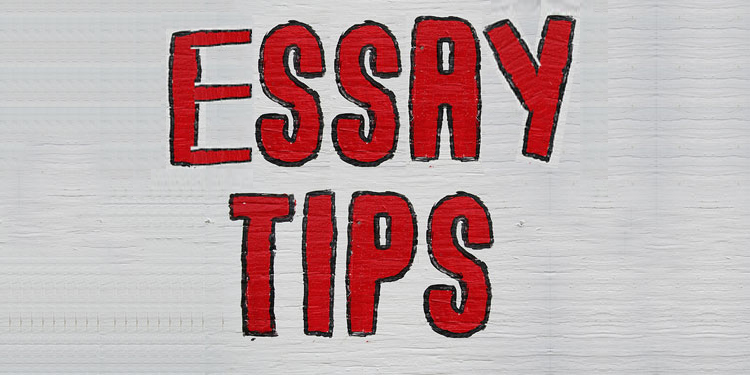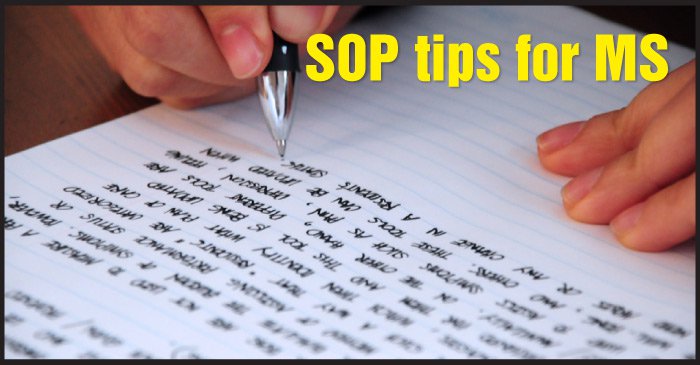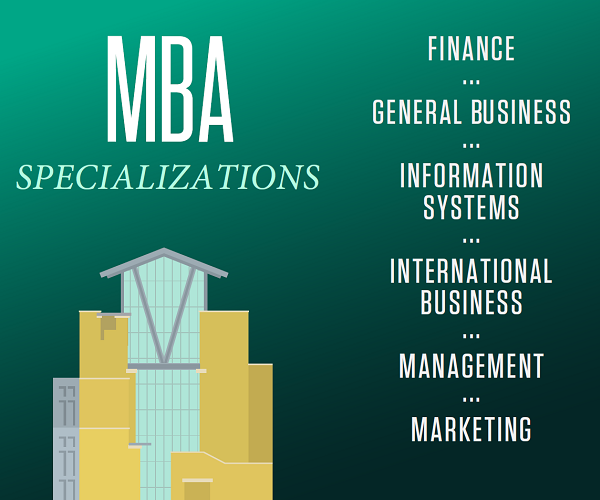Masters SOP: Applications for study abroad are a complete package of documents (Resume, Statement of Purpose and Letters of Recommendation) which showcase the applicant’s qualities, marks, interest as well as future plans to the admission committee.
Masters SOP or statement of purpose is one of the most important application documents. While the resume and transcripts showcase the current knowledge status of the student, a statement of purpose shows the intent. It is an essay application for students vying for Masters or PhD program in foreign universities. It clearly outlines the academics, interest, future plans as well as the basic information about the university of the student. A well written SOP helps applicants highlight their strengths which would not be possible by the transcripts and resume alone.
MS SOP: What’s your story?
Personalising your Masters SOP is a way to connect with the Admission Committee member and begin your statement of purpose. Your story should be interesting and short. Why have you chosen to do a Masters in this course? What was the point in life when you thought, “this is what I want to learn.” What has inspired you to be in this field? Was it a book, a movie, a person or situation? What have you done to this effect?
MS SOP Sample story for Materials Engineering
MS SOP Sample story for Mass communication
MS SOP: Academics and you
Academic background in a statement of purpose should be quite exhaustive, highlighting your related academic achievements. It shows your preparedness for a program. While your transcripts merely mention the marks you have scored, a brief write-up on your background will showcase your main field of interest. This section helps you narrow down your course of interest as the subjects become more specialized as you go higher up the academic ladder. Add all academic information you have gained. Do mention the important internships and the workshops that you have attended during you course.
MS SOP Sample Academic Background 1
MS SOP Sample for Academic Background 2
MS SOP: Why Program
This section showcases the purpose of the SOP. Why do you want to do UG/Masters/PhD? There has to be clarity in this section. Admission Committee looks into this section to understand if the applicant knows what s/he is getting into. What are their plans? Why does the applicant think Masters/ PhD is the next logical step? Another important aspect to be covered in this section is, ‘What do you plan to achieve with this course?’
MS SOP Sample for Why Program
MS SOP: Goals
Goals are one of the most important sections of an SOP. If you do not have definite defined goals, do not bother applying. Goals show your future planning. They show your awareness regarding the programme and its scope. Goals are divided into two parts, short term and long term goals. Short term goals as the name suggests are short term as in, the next plan after the programme or course usually within a time span of three to five years after the completion of the course. Long term goals would be something you plan to achieve within the next 15 years.
For starters, if you plan to work after the course, look for the organizations, positions and job profile require the course you plan to do. For academically bent applicants, do mention what would be the next academic achievement you would like to prefer to add to your curriculum vitae.
MS SOP Sample for MS SOP: Goals
MS SOP: The University
University paragraph on the SOP shows how much you know about the place you plan to join. This paragraph should show that your interests can be completely fulfilled at this university. Search online for the researches being carried out in the area of your choice. Check out the faculty and their research. What kind of internships and workshops do they have? Also, update yourself regarding the alumni. Some questions that ought to be answered in this section of an SOP should be: Why would you like to join this university? How is this university different from another? What particular courses of this university are you interested in? Are you aware of the research being carried out at the department? Who are the faculty with whom you would like to work? Is the location of the university anyways important for you?
MS SOP Sample for University Details
MS SOP: Extracurricular
Universities need a rounded personality on their campus. While academic qualifications show that the applicant is suited for the particular program, extracurricular activities outline the uniqueness. Your extracurricular activities show your character, they show how you spend your time after the classes, they show that you have the capabilities to keep yourself occupied and meet people in an unknown place. Academic courses are stressful with classes, assignments and exams, students need activities to occupy themselves. Extracurricular activities show that the university fulfils the applicant’s academic as well as extracurricular goals.
MS SOP Sample for Extracurricular Activities
MS SOP: Conclusion
Like a good beginning, every article or document should have a crisp conclusion which sums up the application.
MS SOP Sample for Conclusion
It is always useful to read other people’s work to get a sense of what good essays are. To assist you, TopAdmit provides you some SOP samples written by counselors and editors hailing from prestigious schools including Harvard. This page contains personal statement samples, statement of purpose samples, and application essay samples for college. But please remember, these are for your reference only; it is not to your benefit to copy their style or concepts. It not only violates academic ethics and could lead to an automatic rejection by the admissions committee — the point of our service is to help you construct a unique essay — not one similar to other essays.
By: Shivani Bhatt
